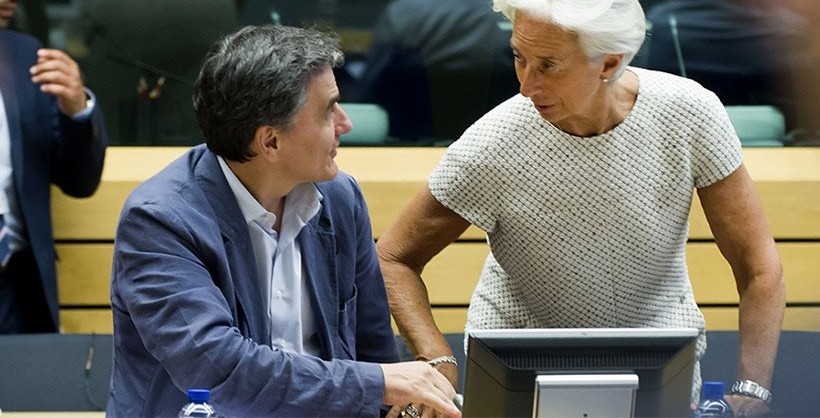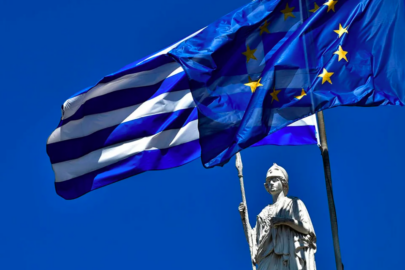Greece is facing the spectre of reliving the economic drama of 2015, when the country suffered a liquidity suffocation, after an anonymous European Commission source revealed to Bloomberg, Friday, that the IMF would not participate in the Greek bailout program before the 2017 German elections. Protothema.gr is the position to know that Berlin, the European Commission, the ECB and the ESM-the mechanism that disburses the loans to Greece- are preparing contingency plans for the prospect of the IMF delaying its participation before the outcome of the German elections. Following Friday’s revelations on Bloomberg, the Greek government seemed to be caught off guard, as government officials appeared more interested in managing the domestic political repercussions of such a development, rather than addressing the detrimental effects it would have on the Greek economy. Government sources claimed that if the IMF backed down from taking part in the Greek program this meant the expressed goal of the Greek government in the past to expel the IMF from the Troika would have succeeded, adding that the country would be financially supported by the EU member-states, while if the Fund decided to stay on board this would be done under the condition of a debt restructuring, a demand agreed upon by both Greece and the IMF. In essence the position by the Greek government is that country ‘wins’ either way! However, the harsh reality would be that the country’s economy would most probably receive a huge blow. In the event the IMF bailed on the program this would mean increased pressure on Berlin, whose coalition government is floundering with declining approval rates by the German public. Furthermore, Athens is under immense pressure to complete the second program review in the next 40-50 days in order to open the talks on debt restructuring, a necessary step for foreign investors to regain trust in the country, thus aiding in the 2.7% growth rate target set for 2017. If the uncertainty of the IMF not taking part in the program is extended beyond 2016, the awaited economic recovery in Greece for 2017 will be delayed by a full year, leading to Greece failing to realise the 3.5% primary surplus for 2018, an outcome that could result in the prolongation of the 3rd memorandum or even the imposition of a new 4th memorandum. If the IMF finally decides to leave the program until the 2017 German elections, Greece could find itself in a position of a credit asphyxiation similar to the one it experienced in 2015, as EU member states like Germany and the Netherlands, who managed to sway their parliaments to bailout Greece by guaranteeing that the Fund would be part of the Greek program, would find it difficult to do so without the IMF on board. Even tough Greece is counting on the support by EC President Juncker and French President Francois Hollande, Berlin’s response is unpredictable, especially in light of serious internal matters like the possible collapse of Deutsche Bank and the shaky coalition government. The matter is expected to be discussed within the coming week, as the Eurozone Finance Ministers are scheduled to meet in Washington with the IMF, where the Fund’s Director, Christine Lagarde will clarify whether the organisation will take part in the Greek program before the end of 2016.
Danger of economic asphyxiation if IMF leaves Greek program
Greece tries to muster support from EC and France































